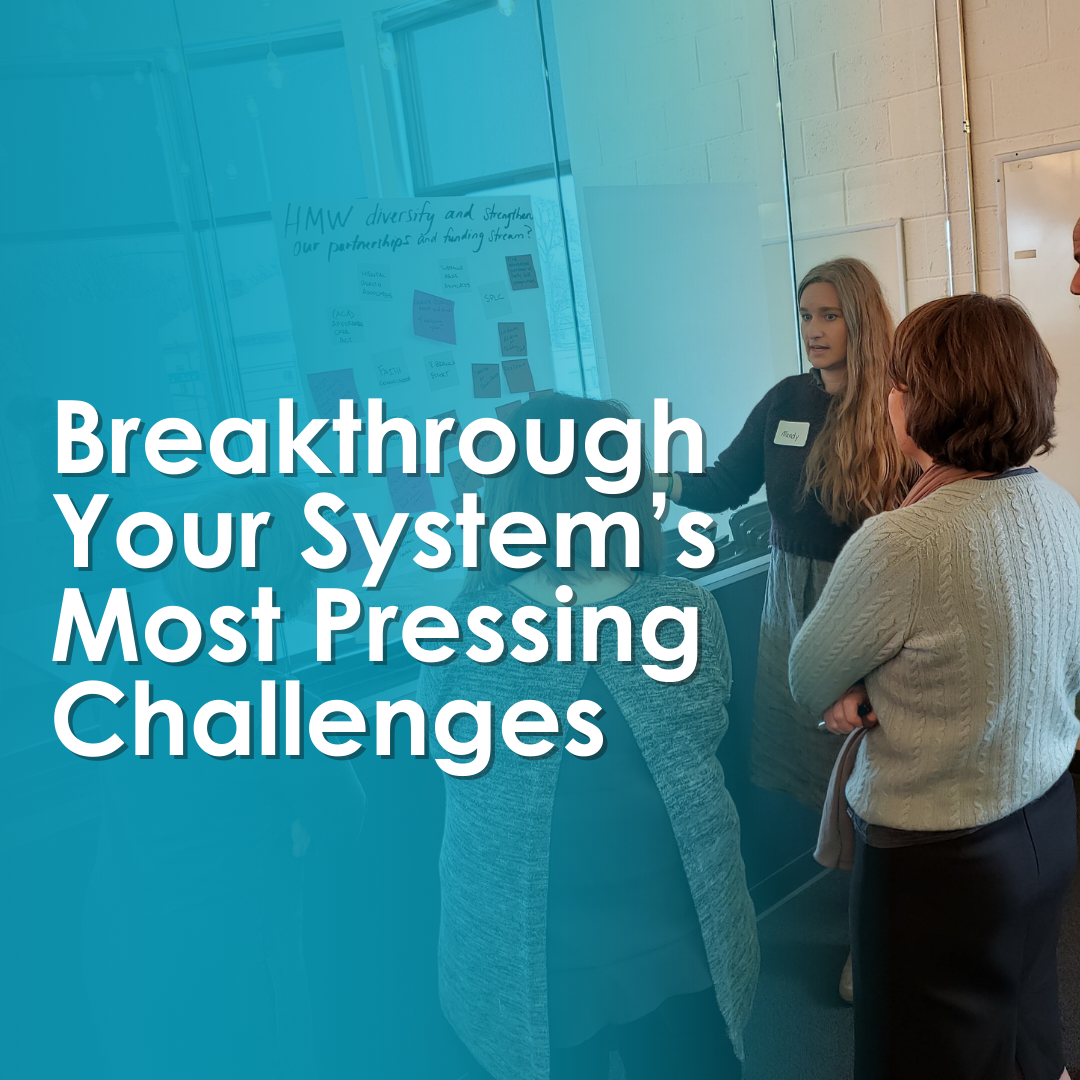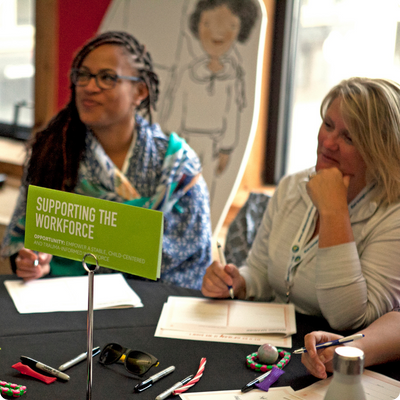
What is imposter syndrome and why is it so prevalent in human services? Are we programed to experience imposter syndrome because of the deeply embedded values of perfectionism, born from the inherent white supremacist culture in which we have all been subjected? Or is it due to the growth mindset we often possess, where we never feel like we achieve a level of humility adequate to be “qualified” for the work we are doing?
Imposter syndrome is the “condition of feeling anxious and not experiencing success internally, despite being high-performing in external, objective ways. This condition often results in people feeling like ‘a fraud’ or ‘a phony’ and doubting their abilities.”
Over the span of my career, I’ve had the opportunity to work with multiple directors, CEOs, administrators, and others in leadership positions. I’ve worked with organizations that are just emerging, and those moving through remarkable internal changes (systemic and cultural). Most recently, I’ve had the experience of working with an organization that helps guide those systems through such changes, and what I witnessed may have been the greatest case of imposter syndrome I’ve ever seen, as a collective. But the one thing that sticks out to me in all these scenarios above, is the level of executive presence so many of these leaders and leaders within these organizations exhibit. You would never know by working with them that there was any level of self-doubt regarding their abilities to deliver on the work they were so passionately immersed in and knowledgeable about… until they’re provided a safe and vulnerable space to take off the cape…
As I was sitting in this room full of beautifully enthusiastic, warm, competent, and uniquely qualified individuals, full of leadership and staff, listening to their challenges, fears, and hopes, I felt a wave of calm wash over me. I was just an “outsider,” an observer, to this organization who is known to lead others into some big, scary, exciting, necessary, transformative work. I realized the calm I felt was the realization that we are all just human. My own feelings of imposter syndrome suddenly started to dissipate when I went from feeling like I should not have been contributing to that meeting, to realizing that no one has it all figured out.

You don’t have to know it all to do the work! But you do have to be humble enough to do better and be better when you know better, and to let go of the idea of perfectionism, which leads to unrealistic expectations and burnout. Many of us suffer from some level of imposter syndrome and it is all too often rooted in something deeper than we realize, limiting our own contributions and voice in the work.
There’s good news! You can overcome imposter syndrome and help others do the same! Here are a few tips:
- Realize you’re not alone! Nearly 70% of the population have experienced this, including well-known, accomplished individuals such as Maya Angelou and Michelle Obama.
- Normalize the conversation about this. As stated above, you are not alone! Talk openly about imposter syndrome, including the causes and pitfalls, as well as methods to overcome feelings of self-doubt.
- Recognize your achievements and strengths. Start tracking your achievements - Until I updated my resume, I forgot all about some of the amazing things I’ve done in my career so far. Talk about a confidence booster! As a leader, point out the unique strengths everyone brings to the team to build confidence individually and collectively.
- Kick perfectionism to the curb. Failure is often necessary for growth. While it may be hard to accept, failure does not define your character, your response to those scenarios does. Reframe failure as an opportunity to consider additional areas for skill development or training classes.
You May Also Like
These Related Stories

Breakthrough Your System's Most Pressing Challenges with Alia

Lessons for Leaders: Navigating the Complexities of Change


